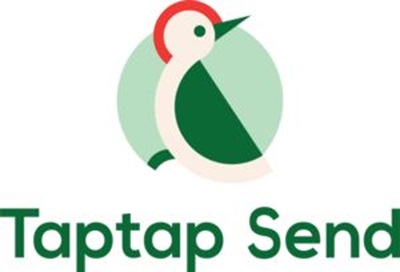The Bank of Ghana has imposed a one-month suspension on TapTap Send, an international remittance platform, prohibiting it from partnering with regulated financial institutions in the country.
This action, effective from November 8, 2024, follows the company’s alleged breach of remittance regulations under the Foreign Exchange Act, 2006 (Act 723), as well as specific inward remittance guidelines for payment service providers.
In a circular distributed to enhanced payment service providers (EPSPs), banks, dedicated electronic money issuers (DEMI), mobile money operators, and the Ghana Interbank Payment and Settlement Systems (GhIPSS), the Bank of Ghana detailed the nature of Tap-Tap Send’s infraction.
The central bank highlighted that the remittance platform operated a “cedi remittance wallet” in contravention of section 3(1) of the Foreign Exchange Act and paragraphs 7(b, d, and e) of the Updated Guidelines for Inward Remittance Services for Payment Service Providers.
Under Section 3(1) of Act 723, individuals or entities must hold a license to engage in foreign exchange transactions. Additionally, according to paragraph 7(b) of the remittance guidelines, banks are required to credit the local settlement accounts of EPSPs and mobile money operators with the Ghana Cedi equivalent of inward remittances to beneficiaries within a 24-hour window.
Paragraphs 7(d) and (e) further instruct that settlement banks must restrict transactions exclusively to beneficiary payments, report any observed or suspected violations to the Bank of Ghana, and ensure compliance with Anti-Money Laundering (AML) and Countering the Financing of Terrorism (CFT) regulations.
The circular, signed by Samuel Anin on behalf of the Head of the Financial Markets Department, included a cautionary note for all financial institutions involved in remittance services, urging them to adhere strictly to regulatory standards.
It warned that the central bank will not hesitate to impose severe sanctions on any institutions found to be in breach of the guidelines in the foreseeable future.
(Norvanreports)





